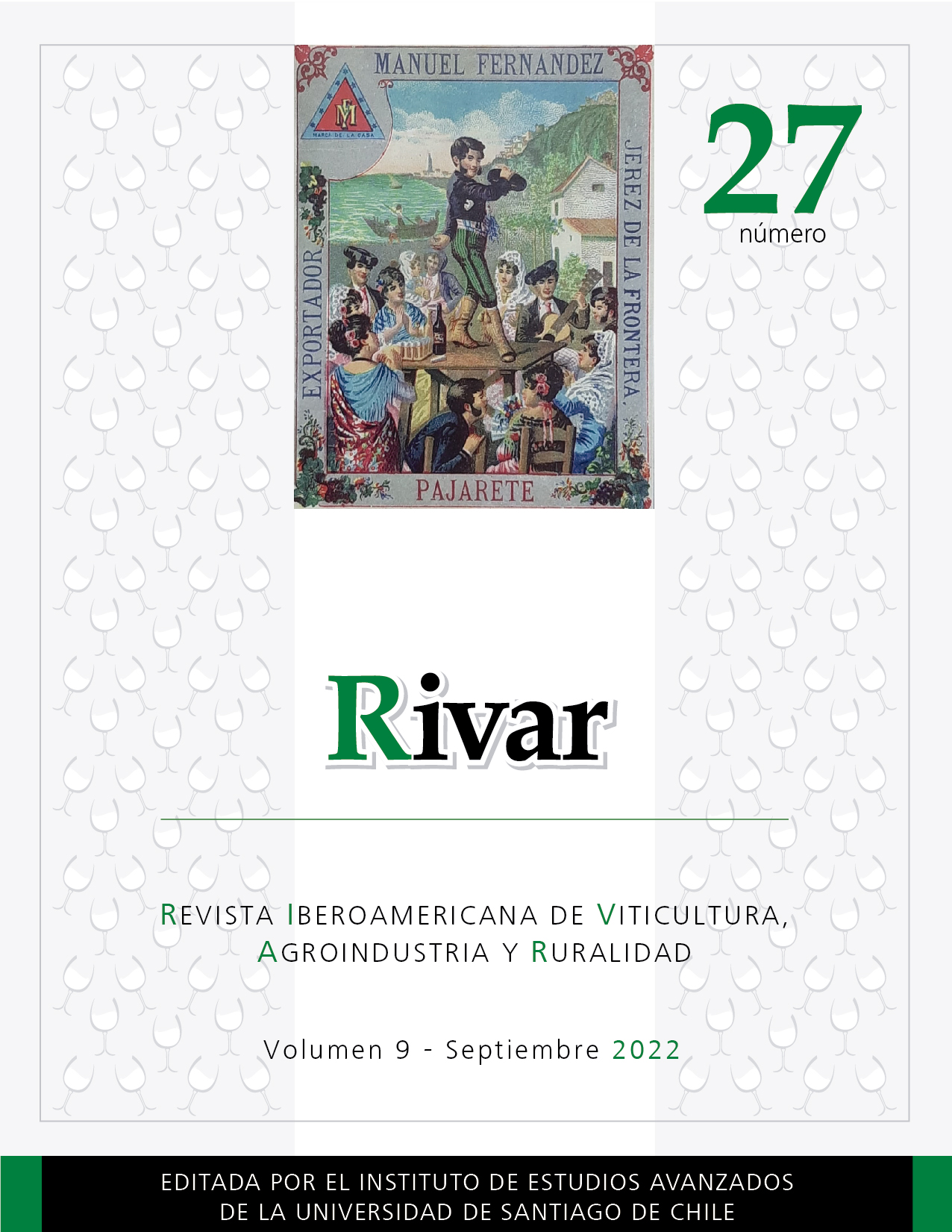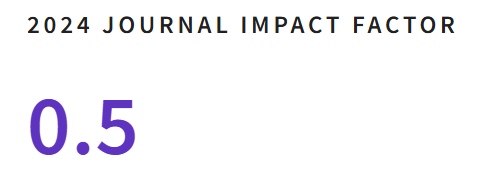Colonia Cheese: Tradition and Transformation. Biochemical, Historical, Heritage and Gastro-Tourism Intersections
DOI:
https://doi.org/10.35588/rivar.v9i27.5660Keywords:
food industry, cultural heritage, dairy products, cultural tourism, UruguayAbstract
This article analyzes Colonia cheese from a transdisciplinary approach that describes the biological, historical, heritage and gastro-tourism intersections of this emblematic product of Uruguayan cheese industry. Cheese is considered a food product that reflects the identity of a territory, its physical and human characteristics, the heritage values associated with the production and marketing processes, and the tradition and transformation derived from technological evolution and migratory processes. These concepts are exemplified from the case study of artisanal Colonia cheese. For this, a bibliographic review was carried out and in-depth interviews were performed with key players in the cheese sector. It was found that Colonia cheese is a product with great nutritional, heritage and gastro-tourism potential that is not fully exploited. To conclude, future actions are suggested to alleviate this situation: the aim is to promote collaborative and cooperative work between the different actors involved, and the creation of synergies between the industry and academia, in order to contribute to the protection of the historical knowledge, to the visibility of the heritage value of the Colonia cheese and its tourism promotion.









